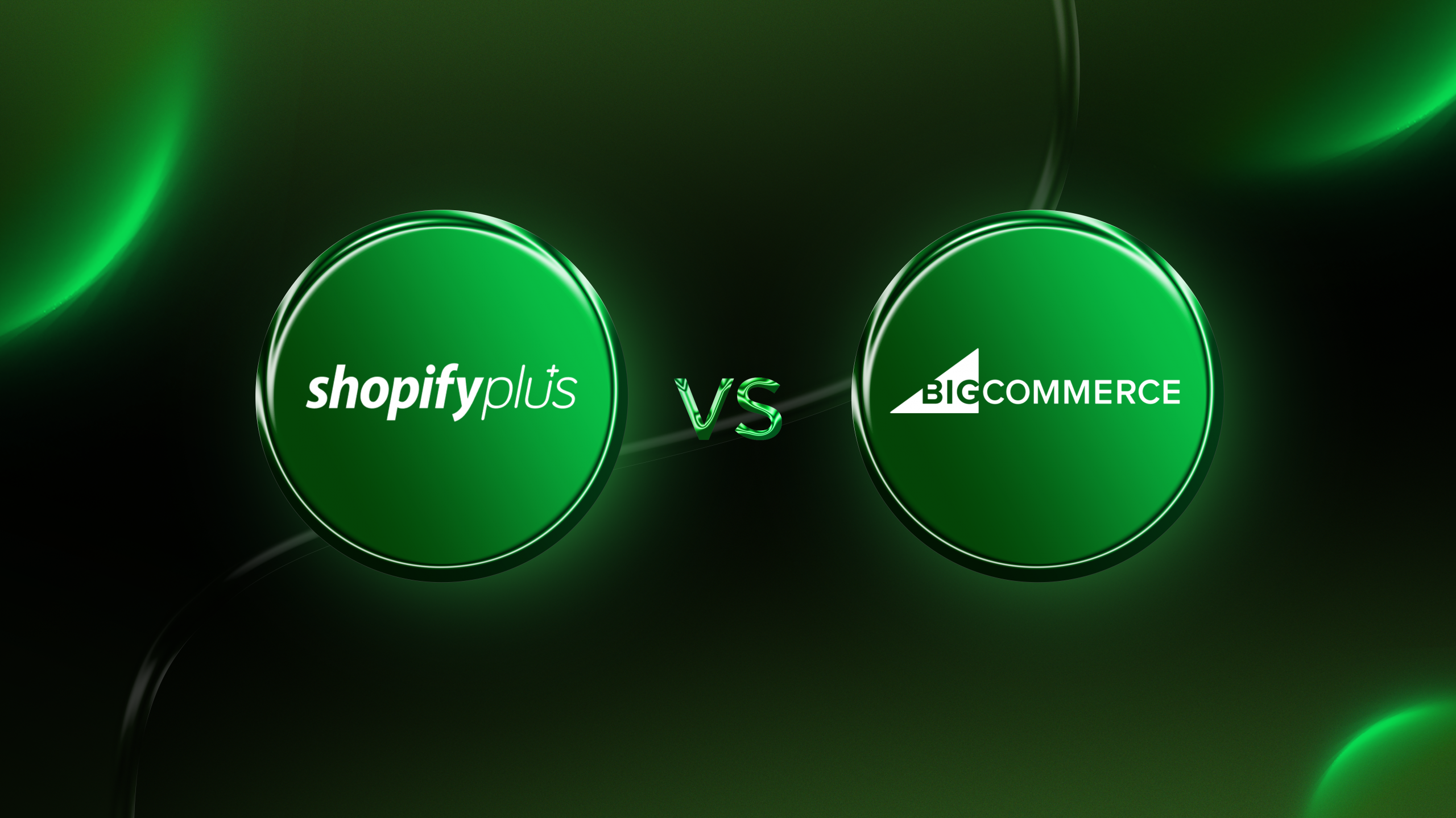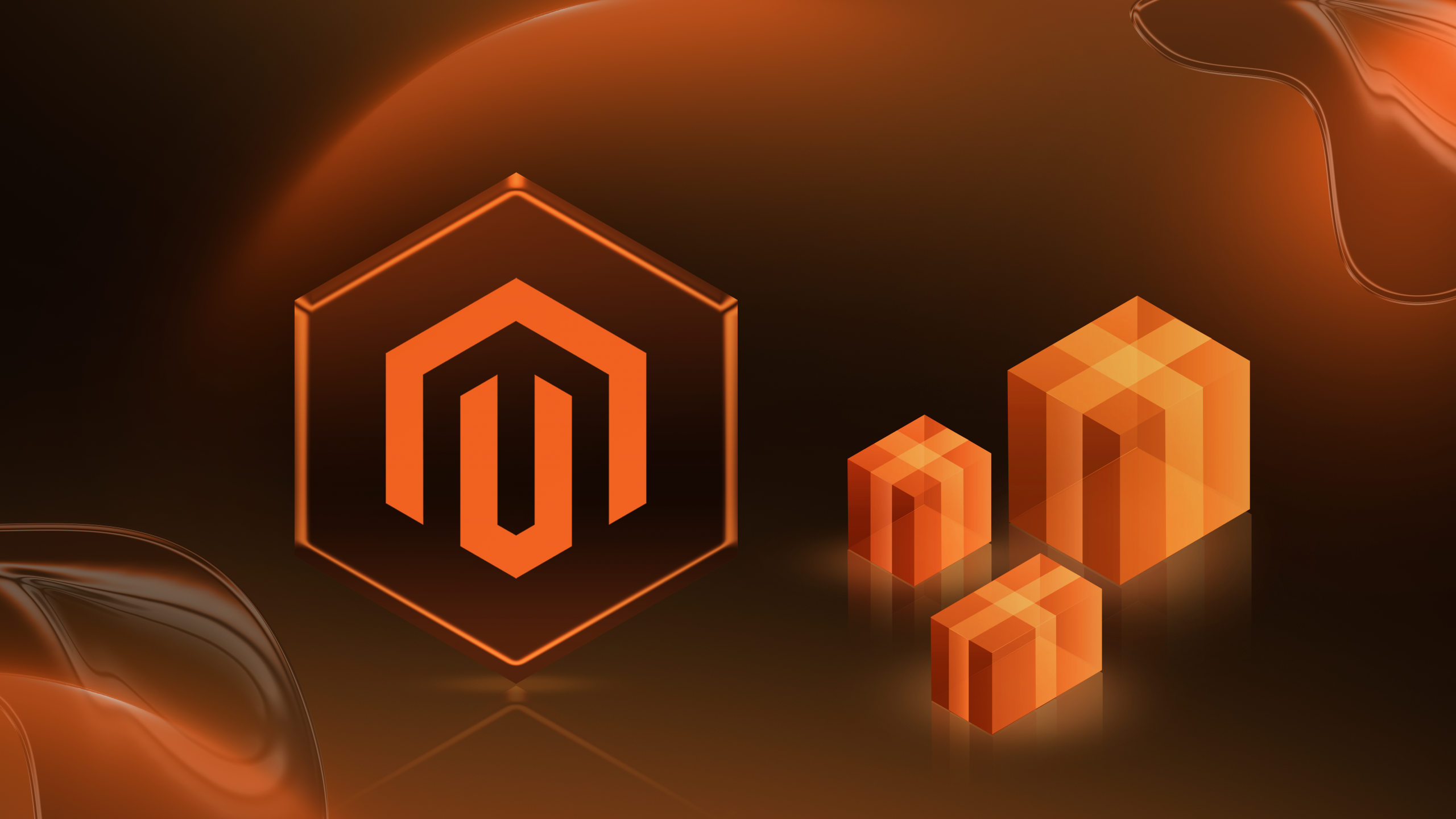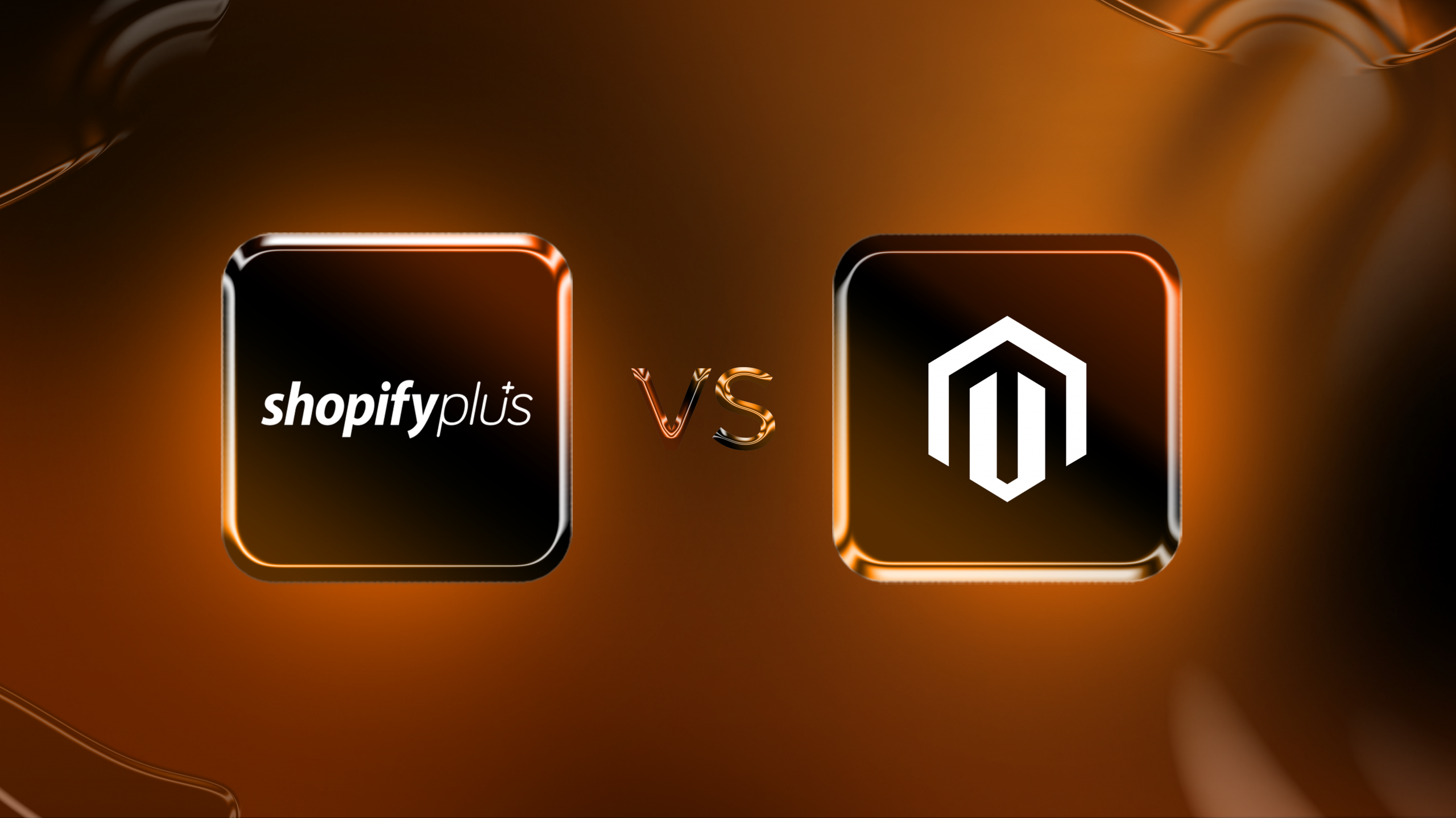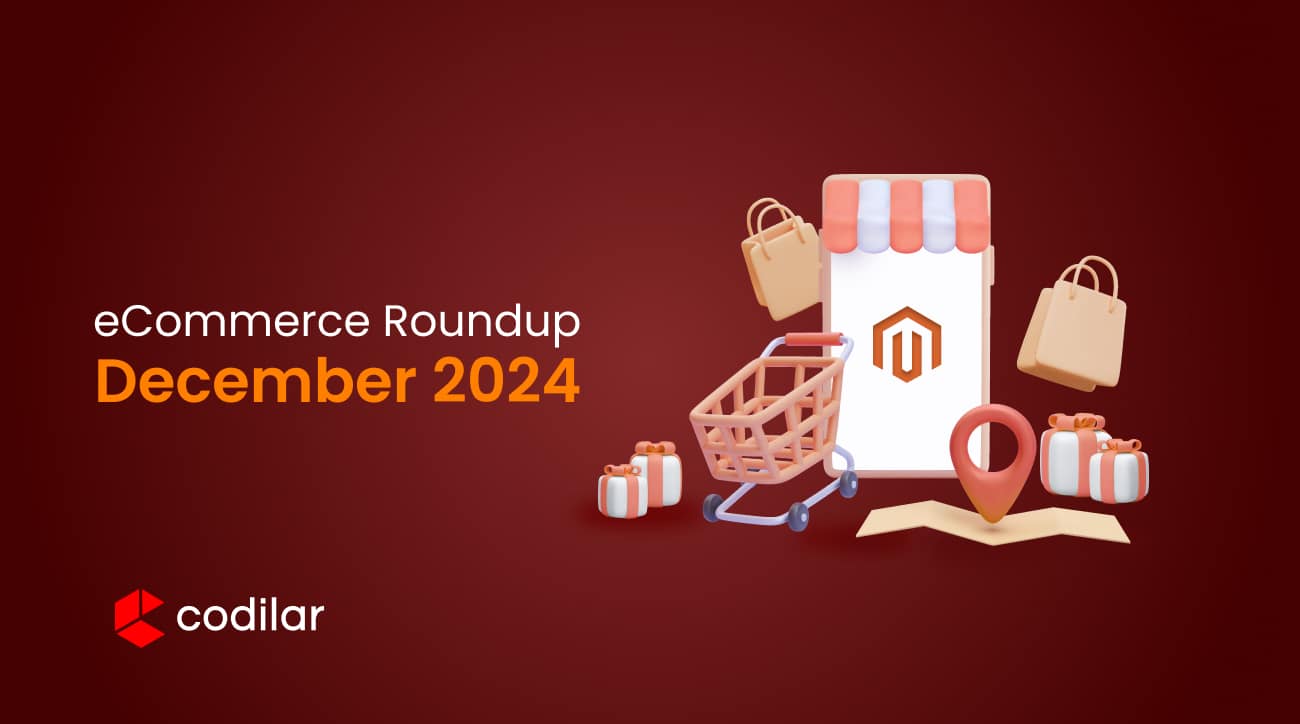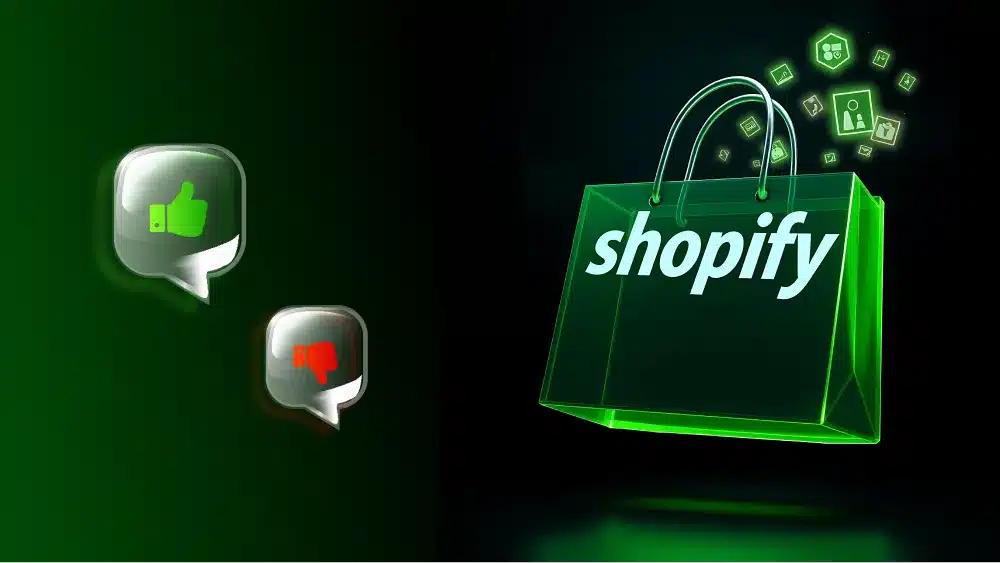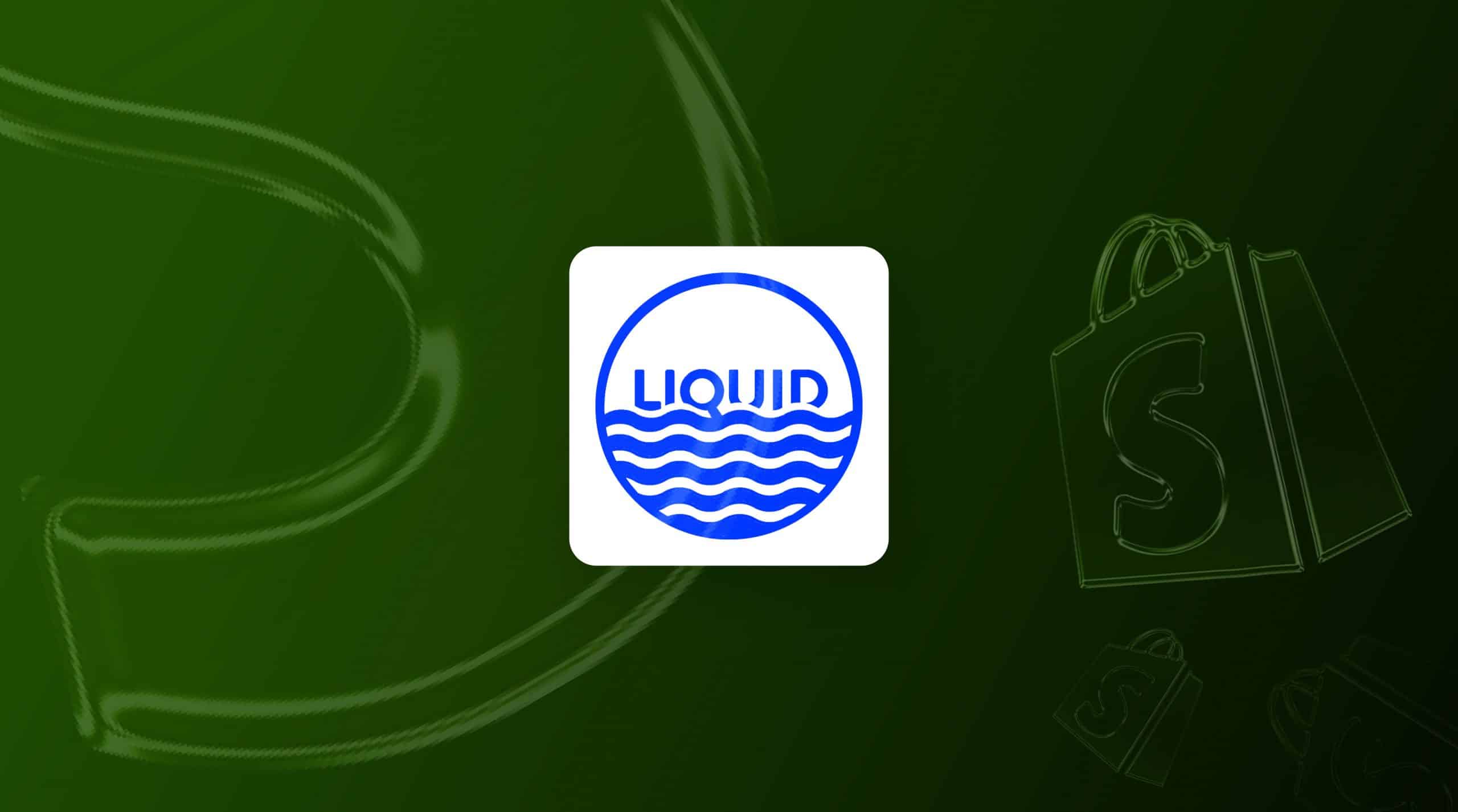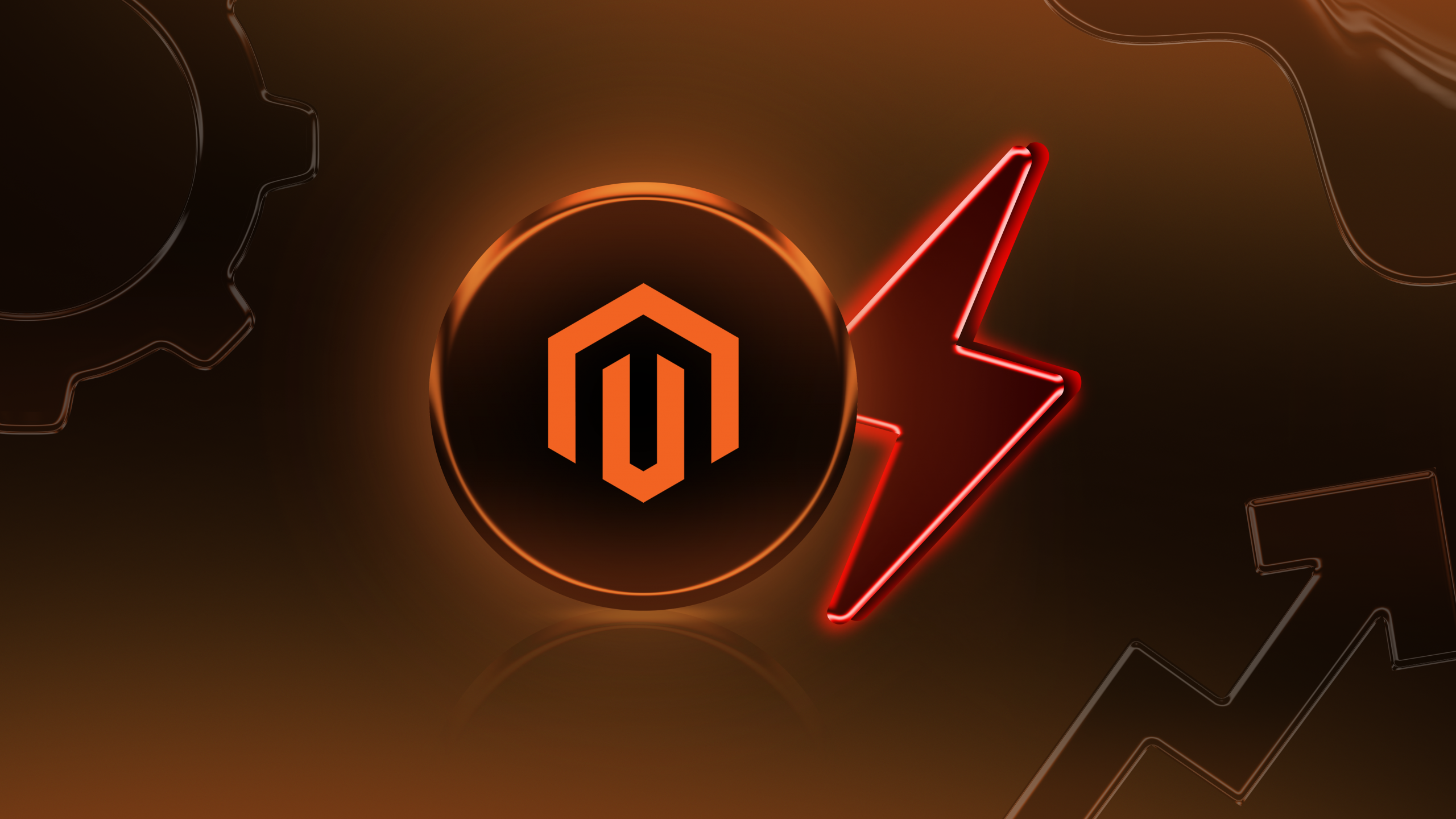Setting up your online store requires extensive, thoughtful, research-based planning. You should consider your current needs as well as strategize for your future requirements.
Choosing an eCommerce platform from the many available is among the first few steps. It is certainly better to choose a software-as-a-service (SaaS) platform. They can save you the time, money, and effort spent in hosting, updates and security.
However, even that choice can be daunting as SaaS platforms are aplenty. Shopify Plus and BigCommerce Enterprise are two of the most popular among them. It is best to check which is best for you and your business before you commit to either.
Understanding Shopify Plus and BigCommerce Enterprise
Shopify Plus and BigCommerce are designed to meet the needs of enterprise-level businesses. They have many similarities and differences.
Shopify Plus: A Brief Overview
Shopify Plus is a popular SaaS-based eCommerce platform based on the core, SMB-focused Shopify platform. The following characteristics, including various Shopify Plus features for retailers, have made it a frontrunner:
- Low cost of ownership.
- Robust ecosystem.
- Easy inventory, payments, and customer data management.
- Advanced marketing and analytics tools.
- Secure infrastructure.
- High scalability, flexibility, and reliability.
- Strong integration and technology partner network.
- A style that gels well with art, lifestyle, and fashion brands.
- Ability to handle large volumes and complex retailers.
- Many high-profile clients.
- Big developer following.
- Detailed technical documentation.
- Remarkable track record.
BigCommerce Enterprise: A Brief Overview
BigCommerce Enterprise is also a scalable SaaS-based eCommerce platform that is part of the larger SMB-focused BigCommerce platform. The characteristics that make it a good option are as follows:
- Low cost of ownership.
- Robust APIs across the platform.
- De-coupled core platform parts aimed at headless commerce.
- Drag-and-drop website builder.
- A strong set of native features relevant to B2B and B2B customers.
- Fast-growing partner ecosystem.
- Advanced customization options, third-party solutions, and apps.
- Built-in features and seamless integrations, including payment gateways, shipping providers, and marketing tools.
- Ability to handle high volume of traffic and complex retailers.
- Many established customers.
Shopify Plus and BigCommerce Enterprise: Comparison
Shopify Plus and BigCommerce Enterprise are quite similar in features, advantages, and disadvantages. However, there are some key differences between them. You need to examine them based on the needs of your enterprise before making a choice.
Pricing and Payments
Shopify Plus’s base rate is around $2000-$2300 per month. It can increase based on your business’s scale and specific needs or if you choose additional services and customizations. If you earn over $800k per month, the pricing model will be based on your revenue. If you wish to know the exact price of Shopify Plus for your business, you should contact Shopify directly.
The credit card processing fees of Shopify Plus vary by payment method. Shopify has other proprietary services, such as payments, lending, point-of-sale, and shipping rates, which they offer as part of their plans. You also get access to Shopify Plus Academy as part of your subscription.
If you use Shopify Payments as your main payment gateway, you can avoid transaction fees for other payment methods. However, this implies that you have a rather limited choice of providers. For instance, if you use a payment processor other than Shopify Payments, you will incur additional transaction fees.
Shopify Plus offers you pre-made themes at a reasonable rate but you need to pay extra to customize them. Overall, Shopify pricing is variable—it includes monthly fees, cost of apps, and transaction fees—making it beneficial if you have fluctuating sales.
BigCommerce Enterprise provides pricing customized to the size and needs of your business. It is based on the features you want and your annual online sales. If you wish to know the custom pricing of BigCommerce Enterprise for your business, you should contact BigCommerce directly.
BigCommerce has 65 pre-integrated online payment solutions. You are free to choose any of them without incurring additional transaction fees.
BigCommerce has processing fees for debit and credit cards. It also provides you with affordable premade themes but charges development fees to customize them.
Thus, BigCommerce pricing, based on annual sales volume and without much additional costs, is more predictable.
Functionality
Shopify Plus offers a few Shopify-built apps, such as Launchpad and Flow. However, it relies on third-party apps to provide you with many functionalities. This means that your annual app subscription cost is high.
BigCommerce Enterprise offers most of the features natively within the platform. It also has an extensive set of advanced features, such as custom fields from where you can create filters, the ability to create wish lists, prebuilt integration with WordPress, multiple option display types, and more.
Ease of Use
Shopify Plus’s product catalogs, tags, meta fields, and option sets are more restricted and better suited to smaller businesses. Although its platform structure requires customizations and apps to handle complex products, it is user-friendly and allows you to manage your store without much trouble.
BigCommerce Enterprise has a comprehensive dashboard but it may be more difficult to learn and use. However, it makes many admin tasks easy as it has enough product catalog management capabilities to handle larger, more complex product catalogs.
Design
Shopify Plus offers numerous templates, covering many industries and sectors. Some themes need third-party apps to achieve certain functionalities. You can make some simple changes to them using the theme editor. However, if you want to customize them more, you may need to know HTML, CSS, and Shopify’s templating language, Liquid.
BigCommerce Enterprise’s template library also features many themes categorized by business type. Regardless of the theme you select, you can customize it using PageBuilder, BigCommerce’s drag-and-drop visual editor. You do not need to know coding to change simple things, such as webpage layouts or font colors.
If you want to change your theme’s code, you can use BigCommerce’s theme engine, Stencil, to do so.
Scalability
Shopify Plus is built for high-volume merchants and can handle surges in traffic and transactions, supporting thousands of transactions per minute. It is stable during busy periods because of its cloud-based infrastructure.
BigCommerce Enterprise has a scalable infrastructure equipped to deal with growth and large product catalogs.
Automation
Shopify Plus offers Shopify Flow, with which you can automate notifications, manage products and orders, tag customers and products, handle fraud, and much more. It allows you to partner with other apps and services.
BigCommerce Enterprise does not have a tool like Shopify Flow. However, you can use applications, such as Atom8 Automation, to streamline tasks and processes.
Integration
Shopify Plus has a larger integration ecosystem, with many systems partnering solely with Shopify Plus agencies. Its API integrates with ERP, CRM, and other essential systems. Its App Store offers numerous apps and plugins.
BigCommerce Enterprise has a faster, more robust API that allows seamless integrations with many enterprise systems. Its App Marketplace offers extensive integrations across many domains.
Marketing and SEO
Shopify allows you to connect your store with all main social media platforms. You can download the Shopify Marketplace Connect app to sell across marketplaces like Amazon and Etsy. You can use the Shopify Email feature for email marketing.Email feature for email marketing and Shopify SEO for organic website traffic growth. Email feature for email marketing and Shopify SEO for organic website traffic growth
Shopify organizes products into collections, which leaves no breadcrumb links for search engines to follow. You can add breadcrumbs only by editing the code. Also, Shopify adds /products, /collections, or /pages to your URLs, which you cannot change.
If you want to hide a page from search engines, you would need to go into the backend and add code to it.
BigCommerce allows you to create promotional banners, set up automated emails, and review newsletter settings from my dashboard. You can download apps to create personalized email marketing campaigns or connect with social media platforms.
BigCommerce organizes your products into categories and subcategories that help search engines understand your website’s structure and hierarchy. This also helps customers navigate well on the site. You can customize your URLs to create a user- and SEO-friendly structure.
BigCommerce also lets you decide which pages search engines can crawl.
B2B and Wholesale
Shopify Plus B2B is a suite of first-party features integrated in the Shopify admin. It allows your business to sell to other businesses through an online store. It is designed for enterprise-level businesses with complex needs. This feature set also offers foundational B2B features such as company profiles, price lists, customer accounts, assigned payment terms, and B2B checkout.
The Shopify Plus Wholesale Channel is a separate, password-protected storefront for your wholesale customers. Although it does not have as many core functions as your DTC store, you can track all orders and customers from the same admin you use for DTC.
BigCommerce Enterprise has native B2B functionality. It offers a lot of features for wholesale retailers, such as support for price lists, customer lists, quotes, purchase orders, and wholesale shipping rates; tiered pricing and dynamic pricing; payment terms; credit limits; ability to set purchase limits; and account restrictions.
Omnichannel commerce
Shopify Plus offers many sales channels, including social media, online marketplaces, third-party sales channels, search engines, and native sales channels, such as online store, Point of Sale (POS), and Shopify Inbox. You can manage these from the platform, keeping track of your products, customers, and orders, and delivering a personalized and consistent experience at every touchpoint.
BigCommerce Enterprise also offers a variety of sales channels, including point-of-sale (POS) systems, social media, online marketplaces, search engines, etc. From Channel Manager, a centralized area in your control panel, you can discover and set up partners and service providers, check the status of all connected channels, and reconfigure or disable channels.
Promotions
Shopify Plus used to offer Shopify Scripts, which allowed you to create customizable discounts and promotions. Scripts will be available only until August 28, 2025. It will be replaced by Shopify Functions, which can help you customize discounts, payments, and deliveries.
BigCommerce Enterprise supports many different discounts and promotions natively.
Multi-store management
Shopify Plus offers an organization feature to support multi-store management. However, you may need to integrate apps for some advanced functionalities.
BigCommerce Enterprise helps you manage multiple storefronts from a single control panel using its Multi-Storefront (MSF) feature.
International capabilities:
Shopify Plus offers multi-currency, multi-language capabilities, and tools for international operations.
BigCommerce Enterprise supports multiple currencies and languages and provides tools for cross-border trade.
Analytics
Shopify Plus’s analytics tools offer an in-depth understanding of customer behavior, sales, and more.
BigCommerce Enterprise has advanced native reporting and insights features, which can be augmented by using integrations.
Security
Shopify Plus is Level 1 PCI compliant. It offers SSL certificates for secure transactions.
BigCommerce Enterprise is also Level 1 PCI compliant. It provides advanced DDOS protection.
Business support
Shopify Plus offers 24/7 priority support and a dedicated Merchant Success Manager.BigCommerce Enterprise provides 24/7 premium support with dedicated account managers.
Key Takeaways

Conclusion
It is fair to conclude that Shopify Plus and BigCommerce Enterprise are evenly matched even though they have strengths and weaknesses in different areas. You should choose the platform with features and factors that suit your business best, in terms of its vision, product, budget, and goals.
